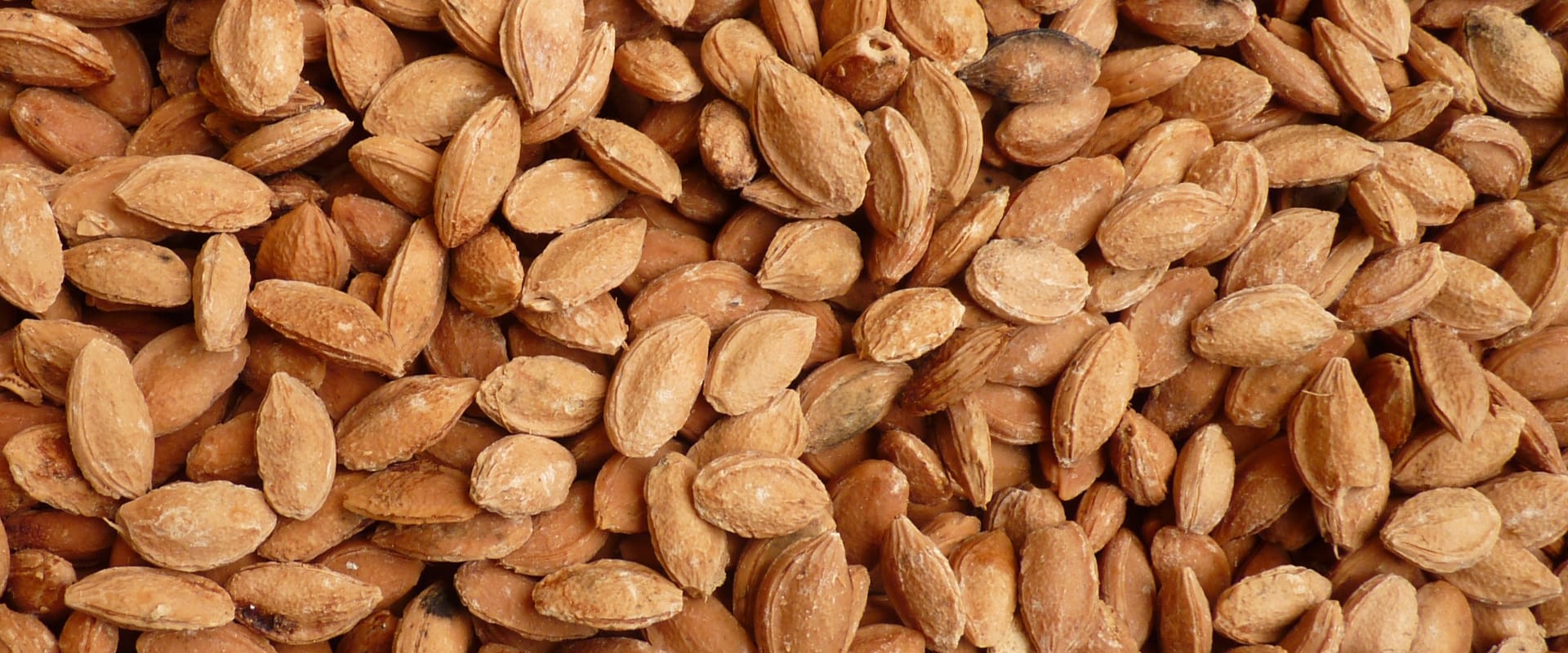F.A.Q.
1. How much does it cost to distill one litre of fruit distillate?
The price you pay for the distillation service depends to a certain extent on you - on the quality of the yeast you prepare. That is why we refer to the rules for its preparation in section: How to Prepare Yeast Properly
Apart from the payment for service, we are obliged to charge the customer with excise duty on alcoholic beverage, and if the produced quantity does not exceed 43 la (liters of alcohol), which represents in case of 50% of the distillate the quantity of 86 (metric) liters in each production period (from 1 July to 30 June of the following year) for one natural person and his or her houselhold, will pay half the tax rate of € 5.40 per 1 la, so at 50% distillate per 1 liter of 2,70 € (§ 6 of the Act no. 530/2011 Coll. concerning excise duty on alcoholic beverages).
Of course you also have to take into account purely your own costs associated with the collection of your own fruit, fermentation and transport to us.
However, the quality of genuine distillate is incomparable with common spirits containing various flavors sold in market as product.
2. How much can I distill for myself at home for my own needs?
"distill for own use" is only a fiction that has no justification in the legal order of Slovak Republic and European Union. To distill at home or just having such a device is a criminal offense under § 253 of the Criminal Code.
Since this beverage is subject to excise duty on spirits, and in addition to all kinds of small equipments, the quality of the distillate is never reached, comparing to the certified technological equipment we use in our production (Pacovské strojárne, certified by the State Testing Institute in Rovinka, Bratislava).
The so called "home" distilling results in production of harmful alcohol to health, because small appliances cannot distil the undesirable ingredients in the distillate to such an extent as in technologies with a certificate used in legal distilleries.
3. Is moldy fruit suitable for fermentation?
Never ferment molded, rotten and otherwise degraded fruit to ferment. You shall nevere reach a quality destillate from such deteriorated material, just a liquid of odorous odour.
The fruit must be ripen and undamaged; we refer to the hyperlink on our page in the section: How to Prepare Yeast Properly
4. A thick mold layer was formed at the top of the yeast. What about that?
Remove this layer ("moldy cake") before transporting it to the distillery to prevent mixing with the yeast below it, otherwise it would have a bad effect on the scent and the overall quality of the yeast and subsequently the distillate.
The formation of such undesirable matter occurs when the fermentation vessel is imperfectly closed, which together with the air (oxygen promotes the rotting process) also allows insects in. This can be avoided by thorough closure of the pot of yeast, but it is then necessary to use a water plug, which can be purchased mainly in gardening stores, thus allowing the gases that arise out of the fermentation to leak out, with concurrent prevention of insects.
We will be happy to prepare your answers for your further questions, according to our timing options, as soon as possible and we will post the questions in this part of our website. We thank you.




